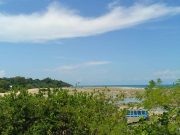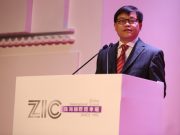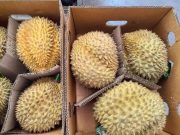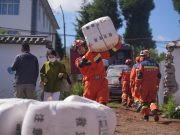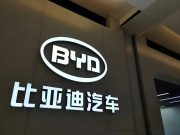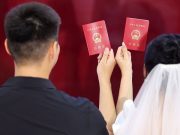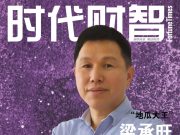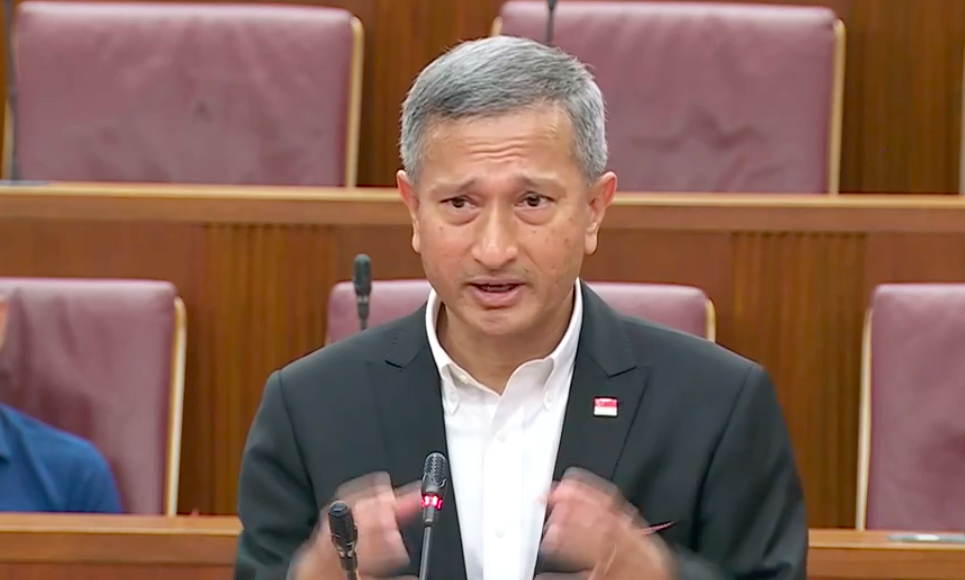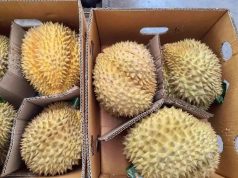(Singapore, Feb 28, 2023)A conflict over Taiwan will have global repercussions, and a much more direct impact on Singapore than the ongoing war in Ukraine, Singapore’s Foreign Minister Dr. Vivian Balakrishnan said yesterday.
“Not only is Taiwan much closer to us geographically, but our ties with the US, China, and Taiwan are much stronger and deeper compared to our ties with Russia and Ukraine,” he said while answering questions on US-China competition from several MPs during the Ministry of Foreign Affair’s Committee of Supply Debate.
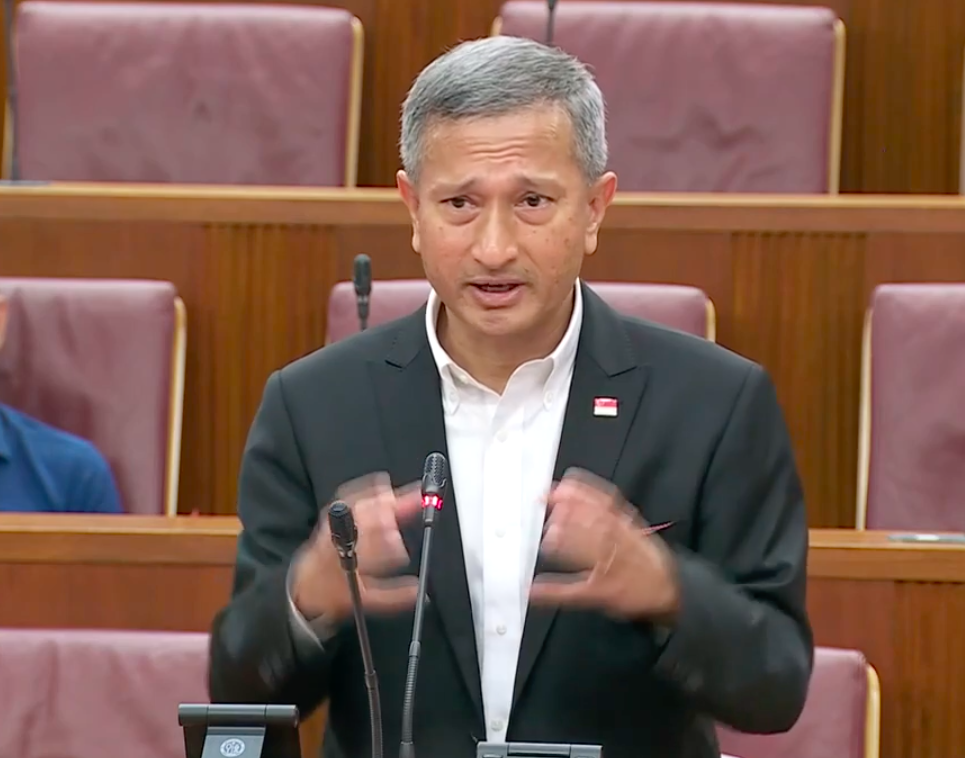
He said the Taiwan Strait has become a more dangerous flashpoint. For China, Taiwan is a part of China, and Taiwanese independence is an absolute red line. However, to the US and some other western countries, Taiwan is a vibrant democracy that they need to protect, just like Ukraine, which in fact is different because Ukraine is an independent country and a member of the UN (United Nations).
Meanwhile in Taiwan, more and more people are identifying themselves as exclusively Taiwanese.
“Whilst neither the US nor China seek a military conflict over Taiwan, the fact is that missteps or mishaps can easily trigger a cycle of tit-for-tat actions and reactions that spiral dangerously out of control,” he said.
He said effective communication between the US and China is vital to manage the risks in global affairs. Both sides need to establish guardrails, as hardened, negative views against the other side increasingly become structural features of geopolitical discourse in both the US and China.
“For example, there is a growing body of opinion within China that the US is a superpower in terminal decline, which is determined to contain China’s rise at all costs.”
He said in the US, however, there has also been a deep shift in attitudes towards China. The US believes that China “is the only competitor with both the intent to reshape the international order and, increasingly, the economic, diplomatic, military, and technological power to advance that objective”.
“It is now a settled bipartisan US view that China’s rising power is inimical to American interests and values.”
He said both sides are now locked in intense and sharpening strategic competition across multiple domains.
“The US has identified computing-related technologies, biotech, and clean tech as force multipliers throughout the technological ecosystem, and emphasised leadership in each of these arenas as a national security imperative.”
Consequently, the US has decided it needs to maintain as large a lead as possible over China in these fields. To this end, the US is implementing systematic measures, including export restrictions on advanced semiconductor technology.
There are, in fact, ongoing discussions about an outbound investment screening mechanism. On its part, China is determined to achieve greater self-reliance and to prevent itself from being held to ransom. It is progressively onshoring segments of its supply chains in the tech sector. Collectively, these moves by both sides increase the danger of a grand bifurcation in the technological and economic systems, a deepening of tensions, and an elevation of mutual suspicions – and these have profound implications for the rest of the world.
There is a real risk that the steps taken by the US and China to reduce their mutual interdependence will adversely affect the global economy and Singapore will not escape such spill-over consequences.
He said Singapore’s open economy is highly dependent on doing business with the entire world, and Singapore has benefitted greatly from being a vital node in globalised supply chains.
The US is the largest foreign investor in Singapore and our top trading partner for services.
“But we are also one of the largest investors in China, which is our top trading partner in goods. If the US and China get along, then Singapore will be ideally positioned to prosper. On the other hand, if things go wrong between them, these strengths can quickly turn into vulnerabilities for Singapore.”


